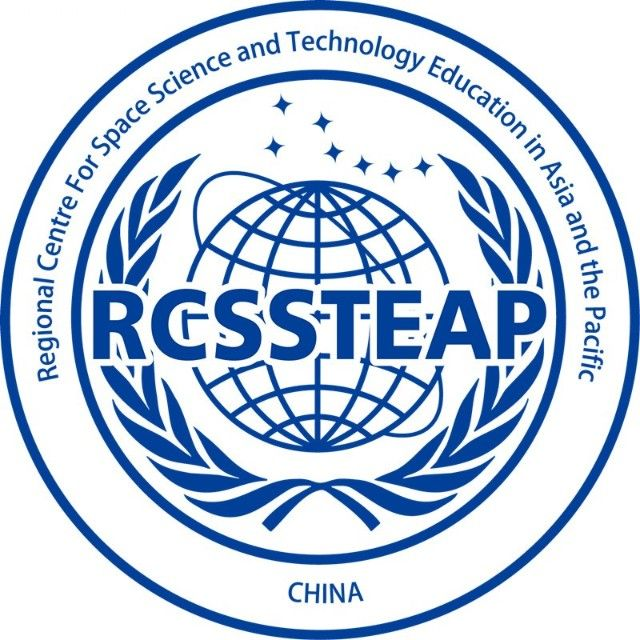报告题目:Recent update on natural/artificial spider silks studies in Japan(日本天然/人造蜘蛛丝的最新研究进展)
报告人:Prof. Dr. Keiji Numata, Biomacromolecules group leader in RIKEN(日本理化学研究所)/ Professor at Department of Material Chemistry of Kyoto University (京都大学)
报告时间:2023年10月25日(星期三)13:00-14:00
报告地点:学院路校区4号楼205会议室
邀请人:管娟 副教授
报告摘要Talk Abstract:
Structural protein such as silk, collagen, and keratin, is one of the key molecules to realize the unique properties and functions of natural tissues and organisms. Spider silks are among the toughest known materials and thus provide models for renewable, biodegradable, and sustainable biopolymers. However, the entirety of their diversity still remains elusive, and silks that exceed the performance limits of industrial fibers are constantly being found. We obtained transcriptome assemblies from 1098 species of spiders to comprehensively catalog silk gene sequences and measured the mechanical, thermal, structural, and hydration properties of the dragline silks of 446 species. The combination of these silk protein genotype-phenotype data revealed essential contributions of multicomponent structures with major ampullate spidroin 1 to 3 paralogs in high-performance dragline silks and numerous amino acid motifs contributing to each of the measured properties. Our global sampling, comprehensive testing, integrated analysis, and open data will provide a solid starting point for future biomaterial designs. Our research group also reported the new finding in spider silk spinning, which is essential to clear the hierarchical structure of spider silk. The scalable and sustainable synthesis method along the clarified structure-function relationship of natural proteins provides a new insight for structural and functional material design of amino acids-based polymers.
参考文献References:
1. K. Arakawa et al.Science Advances, 8, eabo6043, 2022.
2. T. Miyamoto et al. Angew. Chem. Int. Ed., 61, e202204234, 2022.
3. S. Law et al. Nature Communications, 13, 2417, 2022.
4. C. Thagun, et al.ACS Nano, 16, 3, 3506–3521, 2022.
5. K. Numata. Biopolymer science for proteins and peptides. Elsevier, 2021.
6. A.D. Malay et al.Science Advances, 6, 45, eabb6030, 2020.
7. C. Thagun et al. Advanced Science, 6(23), 1902064, 2019.
8. N.A. Oktaviani et al. Nature Communications, 9:2121, 2018.
报告人简介Brief Biography of the Speaker:
Keiji Numata earned his Ph.D. (2007) with a thesis centered on enzymatic degradation and synthesis with hydrolases of biopolymers, especially poly(hydroxyalkanoate), under the supervision of Prof. Yoshiharu Doi, Tokyo Institute of Technology. His Ph.D. thesis includes works on enzymatic polymerization to synthesize branched biopolymers, which has been performed in Royal Institute of Technology (Sweden) under the supervisions of Prof. Ann-Christine Albertsson and Prof. Anna Finne-Wistrand. He worked as a JSPS
Postdoctoral Fellow for Research Abroad at Tufts University (USA) where he studied biosynthesis of silk-based polymers via bacterial pathways as well as silk-based gene carriers in the laboratory of Stern Family Professor in Engineering David L. Kaplan. He moved to RIKEN as a Senior Scientist in 2010 to start up a laboratory to investigate biosynthesis and material design of structural proteins and poly(amino acid). He has been a Team Leader (PI) of the lab since 2012 and Research Director for JST-ERATO Numata Organelle Reaction Cluster Project (2016-2023), Research Director for JST-COI-NEXT, Research Director for MEXT Program: Data Creation and Utilization-Type Material Research and Development Project (2022-). In 2020, he moved to Department of Material Chemistry, Kyoto University, as a full professor. He received Nagase Prize from the frontier salon foundation (2022), the 2020 ACS Macro Letters/Biomacromolecules/MacromoleculesYoung Investigator Award (American Chemical Society, 2020), SPSJ Asahi Kasei Award (2019), Award for Encouragement of Research, Japanese Society for Plant Cell and Molecular Biology, Japan (2019), Bio-Environmental Polymer Society Outstanding Young Scientist Award, USA (2018), The Young Scientists’ Prize for Minister of MEXT, Japan (2018), and so on. He was appointed as an associate editor of Polymer Journal (2018-2020) and is currently an associate editor of ACS Biomaterials Science and Engineering.








 北航校历
北航校历 校园地图
校园地图